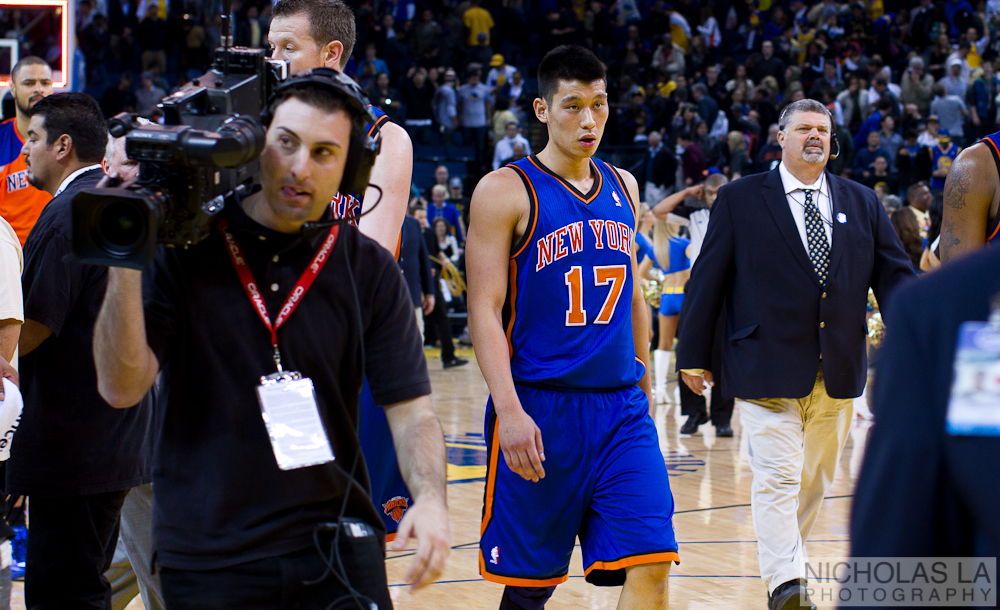Do conference participants want less control?
Do conference participants want less control?
When Google announced the end of its popular RSS reader Google Reader, many assumed it was a business decision based on economics.
Maybe not.
Christina Bonnington writes in Wired:
…there’s another reason Google decided to put its RSS reader to death. According to Mountain View, most of us simply consume news differently now than when Reader was launched…
…No matter what Mountain View says about changing user habits, though, both Now and Plus do one thing: They keep you in Google’s world. It’s a de-emphasis of content source. In other words, rather than reading Cat Fancy religiously, you’re reading the Animals category religiously — a category populated by the sites Google’s products think you’ll enjoy most [emphasis added].
In other words, Google says it can do a better job choosing what we read than we can. If you’re cynical, you might interpret this move to be Google’s way of keeping you in GoogleWorld, surrounded by the ads that supply most of Google’s profits. (Yes, I know there are no ads on Google Plus. Yet.)
Now I’m not disputing that Google does a fantastic job in some areas: Search and Maps come immediately to mind. But I’ve seen no evidence to date that Google (or other single source for that matter) is capable of serving me content that’s better than what I can actively discover myself.
Meta-curation
We all need help these days to discover important content and ideas online. How we define “important” is unique to each of us. I, and I suspect most people, rely on a mix of human-curated sources. Mine cover around eighty sources on topics like meetings and events, associations, news, tools, play, facilitation, privacy, copyright, networking, business, politics, personal development, consumer issues, philanthropy, Apple news, and a number of “interesting stuff” sites. Yours will be different. Jon Udell calls this approach meta-curation.
I’ve written here and here about my skepticism of conference curation. Individual participants want different things from events, and predetermined conference programs are a poor way to satisfy attendee needs. In my experience most conference attendees, when given the power to determine what they wish to experience at an event, relish the opportunity. The tragedy is that still so few meetings these days allow attendees to make this choice.
From this perspective, moves like Google’s are a small step backward toward a world with less control. Removing a tool that allows us to monitor online information sources that each of us selects incrementally reduces our options. In this case, luckily, there are alternatives to Google Reader available (though I still haven’t found one I like as much). But restricting choice, whether it concerns online meta-curation or conferences’ responsiveness to real participant needs is something that should concern us all.
Do conference participants want less control? I’ve found they want and appreciate more. What do you think?
Photo attribution: Flickr user PSNH


